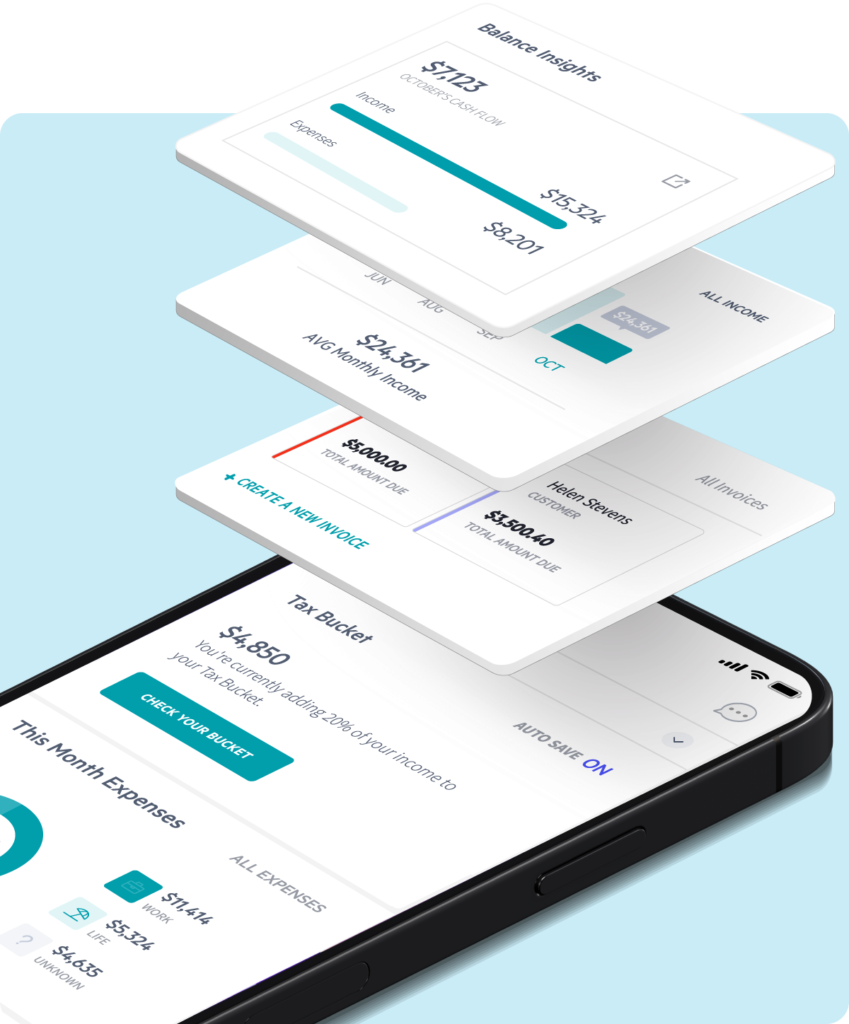With a 37% increase from its original objective, Lilli, a UK-based SaaS startup revolutionizing care through proactive lifestyle monitoring technology, today announces that it has raised over €9.5 million in Series A investment led by West Hill Capital.
The change from a reactive to a proactive care style is being led by Lilli. Lilli observes patterns and trends among users with clever, non-intrusive technologies, proprietary AI, and machine learning (LLM). This gives care providers precise and lucid insights regarding welfare and activities within the home. This facilitates precise decision-making and makes it simple to recognise behavioural modifications before illnesses worsen, enhancing health outcomes and lowering hospital stays.
The UK’s larger health and social care system is already seeing less financial and resource strain thanks to technology. According to data from municipalities in Nottingham and Reading, businesses who use Lilli may expect to save up to £9 for every £1 invested, create thousands more hours of caregiving, and achieve a 16-day acceleration in hospital release rates.
Longer term: according to independent economic analysis, by 2035 it might provide benefits equal to hiring an extra 10,000 full-time carers in the UK.

With this additional funding, Lilli’s strategy will be able to quickly expand throughout the public and private health and care sectors, where there is an increasing need for Lilli’s technology. Many contracts worth around GBP 1 million in revenue were signed in Q4 2023 alone, and strong additional growth is predicted both domestically and abroad.
“This latest financing powers Lilli with the funds needed to accelerate our mission of bringing the benefits of remote monitoring to more people within the UK and internationally,” stated Gren Paull, Chief Executive Officer of Lilli. Our consistent goal has been to enable people to live longer, happily, and independently at home. This keeps them a part of their communities and support systems and lessens the load on the overworked and underfunded health and care system.
The industry is known to be in a crisis, and we have shown via empirical research that there are ways to relieve the strain local governments are under from shrinking budgets, declining resources, and even potential insolvency. Investor trust has been restored and this oversubscription has been fueled by this success and evidence.
